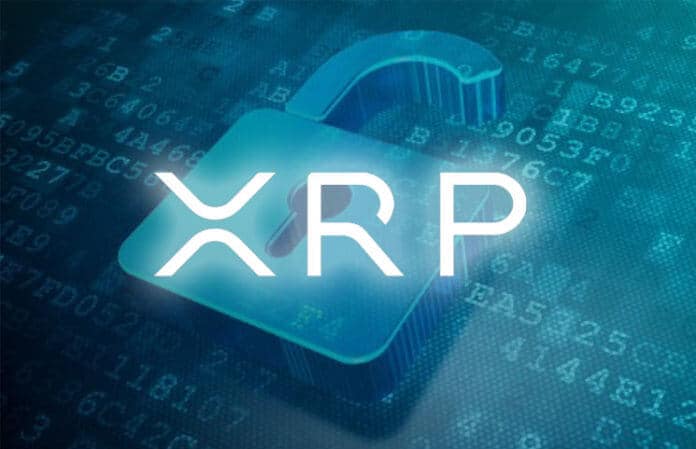Join Our Telegram channel to stay up to date on breaking news coverage
Various parties have sued XRP for selling what the plaintiffs consider “unregistered securities.” As the days draw on in this specific case, Ripple has taken multiple measures to ensure the case gets dismissed. A testament to this is the company’s latest filing against the lawsuit. The class-action lawsuit was filed back in August, scheduled to be heard on the 15th of January 2020.
XRP: Too Old For Hearing
The new filing states that the “plaintiff’s federal securities claims are barred by Section 13’s statute of repose, which strictly forbids claims brought more than three years after the security was bona fide offered to the public.”
This seems somewhat effective from a technical standpoint, trying to dismiss the ongoing court battle. The lead plaintiff, in this case, Bardly Sostack, had filed for amended return back in August this year.
Reiteration of Arguments
Ripple’s latest filing against this court hearing repeats many of the arguments the company has made before to try and dismiss the court case. Citing everything from XRP not being a security to the statute of repose of this case having allegedly passed, Ripple is also making a brand new argument. Ripple claims that the lead plaintiff cannot show that he bought XRP through the Initial Coin Offering (ICO) or through the defendants themselves, XRP II, LLC, Bradley Garlinghouse or Ripple Labs Inc.
FisherBroyles Partner, Rebecca Rettig, stated that the statute of repose was successfully used as grounds for dismissal several years ago. In that particular case, the defendants filed against a series of mortgage-backed securities cases that went against them.
To further pile on to Ripple’s apparent desire for dismissal, the filing argues that the Plaintiff claiming that XRP is security goes against California consumer protection laws.
#Ripple Files Last Bid To Dismiss #XRP Securities Lawsuit Before Court Meeting@Ripple said in a new filing "#XRP is not a security but that's irrelevant for this motion because the investors suing #Ripple brought their case far too late for it to proceedhttps://t.co/uOc5EnCjC9
— XRPcryptowolf (@XRPcryptowolf) December 5, 2019
Ripple explained that by claiming that XRP was a security, the Plaintiff was, in fact, nullifying its own consumer protection laws. It said that it would “defeat Plaintiff’s state consumer protection law claims, which cannot be predicated on the offer, purchase, and sale of purported securities as a matter of law.”
Validity or Falsehood of Security Claims Are Irrelevant
As is to be expected at this point, XRP gave the mandatory claims that the token itself, the third-largest by market cap, should not be legally classified as a security. Furthermore, XRP states that whether or not it’s a security is irrelevant in this case. They said that even if it were a security, legally speaking, the Plaintiff has no foot to stand on.
To drive their filing home, Ripple aimed at the Plaintiff’s claims where he alleges the XRP he bought back in 2018 was in some way different from the XRP tokens that went on-market in 2013. This statement, Ripple claims, is an attempt to circumvent the statute of repose, turning a 6-year-old case into a 1-year-old.
At this point, it’s clear that XRP is less than amused by the Plaintiff. The company’s filings go against the plaintiffs claim that they “somehow produced ‘new XRP’ (identical in every way to ‘old’ XRP), which Defendants then supposedly offered to the public anew in ‘subsequent,’ ‘indiscriminate’ offerings.”
The legal case has taken a toll on the XRP token itself, whose price has dropped 37% compared to the price at the beginning of 2019.
Join Our Telegram channel to stay up to date on breaking news coverage


